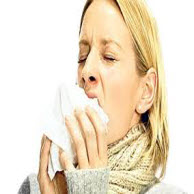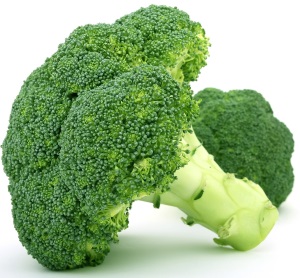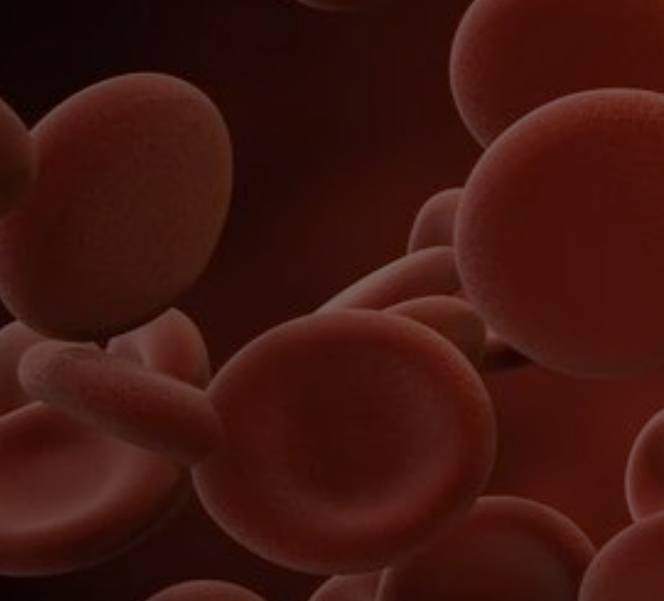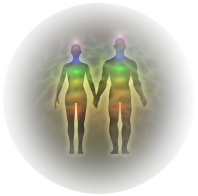This week I want to cover a topic that the great majority of people is confused about: bone health.
American are the ones who consume the most dairy products in the world (along with the Finnish), but have the highest rate of osteoporosis. This is paradoxical as we are told to drink milk to prevent bone issues.
99% of the population drink pasteurized milk. Pasteurization is the process by which milk is heated to kill dangerous pathogens. In this process, most of the nutrients are rendered inactive. In addition, to determine whether the pasteurization process was effective, scientists use the “phosphatase test”. Phophatase is an enzyme present in the milk that is heat sensitive. Scientists demonstrated a long time ago that if this enzyme is inactive (dead), the milk is pasteurized and there is no longer pathogens in it. Therefore, pasteurized milk is literally a dead food.
Phosphatase is required by the body to absorbed calcium present in the milk. Consequently, most of the calcium present in the milk is not being absorbed by the body due to the lack of the enzyme phosphatase in the pasteurized milk.
So far we have learned that the body needs phosphatase to assimilate calcium present in the milk. On the other side, milk is also high in phosphorus. However, it is readily absorbed by the body, i-e the body does not need anything to absorb this element. As a consequence, the phosphorus level increases in the body after drinking a glass of milk. It is well established that the body keeps a ratio of 10:4 of calcium:phosphorus respectively. In other words, at any time, there is 10 times more calcium in the blood than phosphorus. However, in our situation, milk increases only the level of phosphorus in the blood. In order to counteract this phosphorus increase, the body will actually pull calcium out of the bones, leading to brittle bones!
In conclusion, milk or dairy products do not prevent osteoporosis and may actually contribute to it. That explains why Japanese women, who do not consume dairy products, have the lowest rate of osteoporosis in the world.
Osteoporosis is a disease of sugar metabolism and protein deficiency. In order to prevent bone disease, consume enough good quality proteins, greens, and chicken/bone broth on a daily basis.
If you have any comments, please feel free to contact me.
yours in health,
Dr Serge







